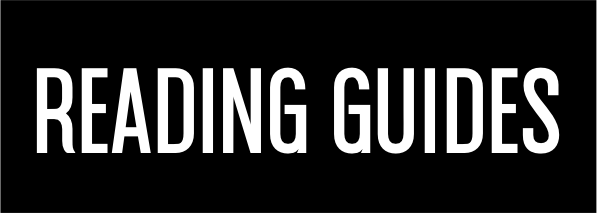|
The answer is a simple, “No way!” Facilitation styles and goals are different, and can be flexible to meet the book club’s goals and work most effectively with the group’s personality and relationship dynamics. Considering two questions will help you work out the most effective way(s) you can facilitate discussion for your book club. First, who are you? Be Yourself: there is no “typical” book club facilitator. It takes all types of people to support all kinds of book clubs. You bringing your best self will make the best book club experience for everyone!
Know what is fixed and what is flexible for you. This will help you develop a realistic expectation of yourself as a facilitator and let go of any perfectionist ideas that will only stand in the way of you bringing your best self to the discussion. Second, who is your book club? Know Your Group: articulating the goals and considering the members of your group will give you some clues on how best to facilitate the conversation.
Ultimately, be in a book club that excites you! If you find yourself dreading facilitation most of the time, it might not be because you don’t want to facilitate, it might be because you’re not in the best fit for your style.
Coming Soon: Structuring Your Book Club: Low, Medium, High Previous Blog: Book Club: How do I find the perfect one? |
The Center for Professional Education of Teachers (CPET) at Teachers College, Columbia University is committed to making excellent and equitable education accessible worldwide. CPET unites theory and practice to promote transformational change. We design innovative projects, cultivate sustainable partnerships, and conduct research through direct and online services to youth and educators. Grounded in adult learning theories, our six core principles structure our customized approach and expand the capacities of educators around the world.
|
ABOUT US
525 West 120th Street, Box 182 New York, NY 10027 416 Zankel Ph: (212) 678-3161 [email protected] Our Team Career Opportunities |
RESOURCES
Professional Articles Ready-to-Use Resources Teaching Today Podcast Upcoming PD Opportunities |
COACHING SERVICES
Custom Coaching Global Learning Alliance Literacy Unbound New Teacher Network Student Press Initiative |









